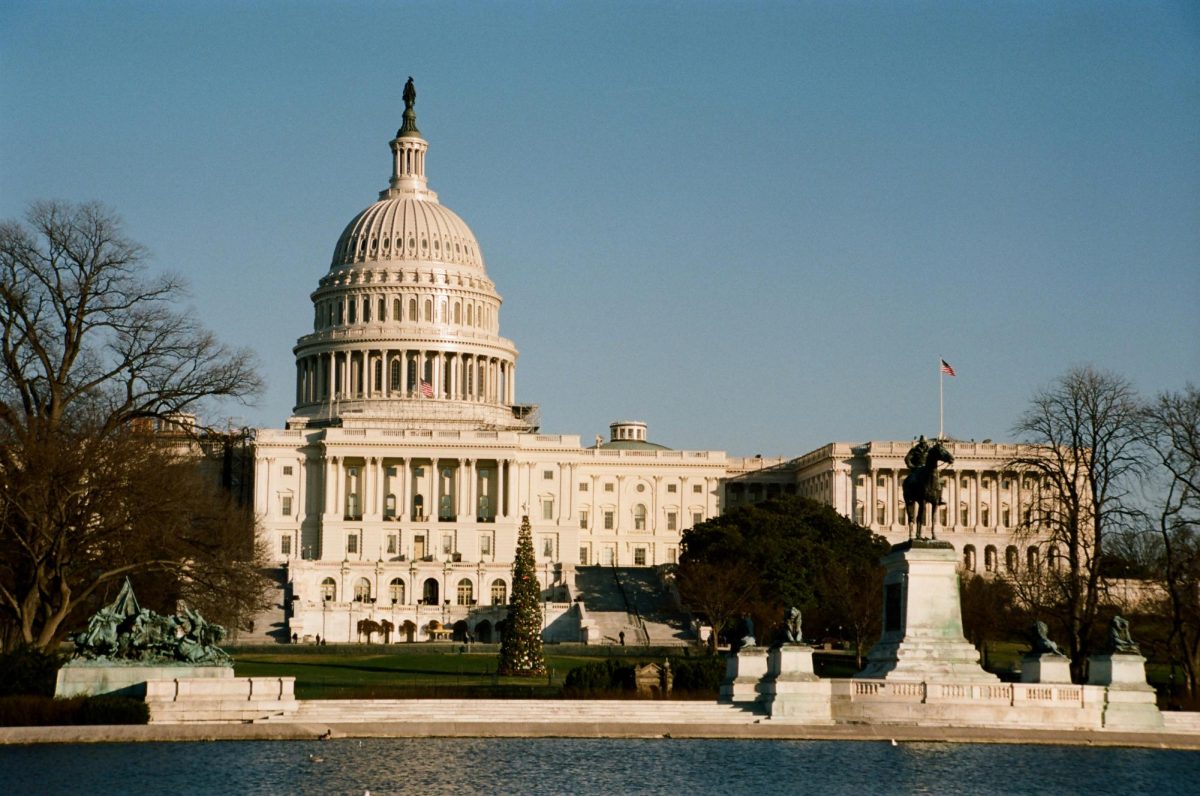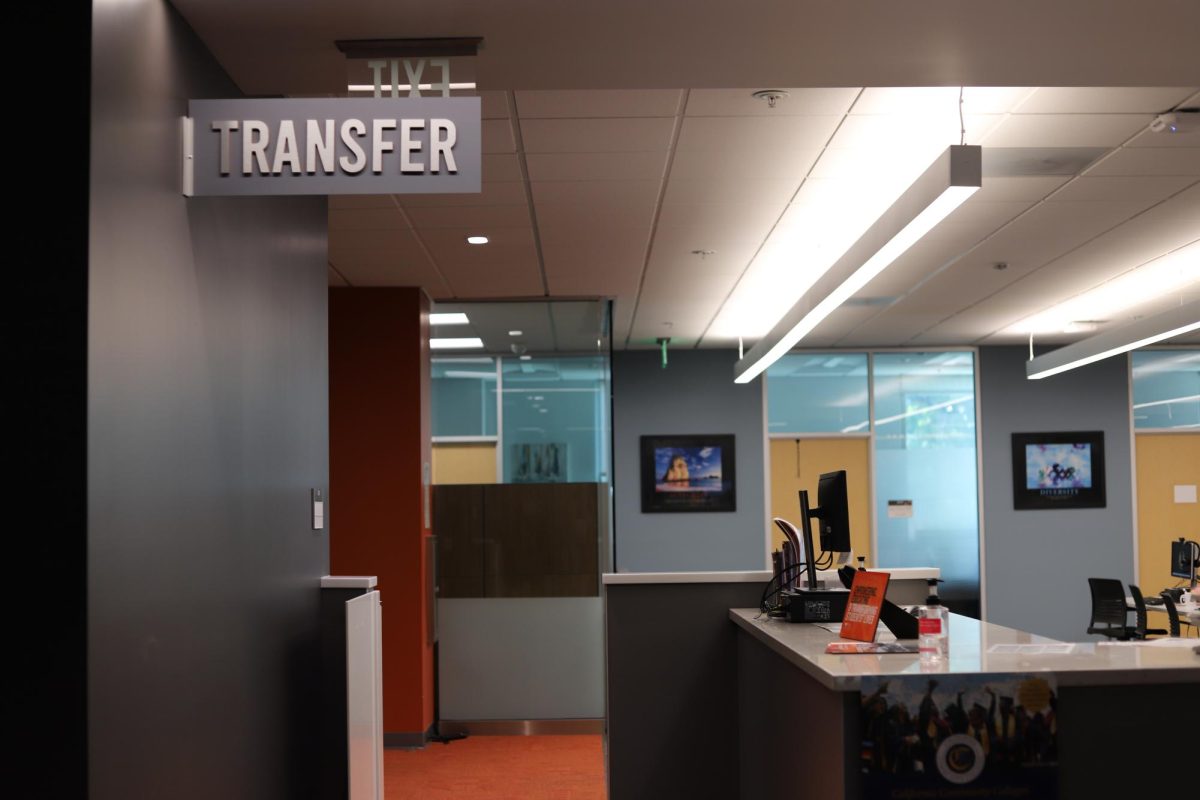By Erik Galicia
Fallout from California’s pandemic related deficit may result in a budget shortfall of around $16.9 million for the Riverside Community College District.
“We sit here in a very different fiscal situation than the one we were in a couple of months ago,” Aaron Brown, vice chancellor of Business and Financial Services, said during the Board of Trustees meeting May 19.
Gov. Gavin Newsom’s proposed solutions to the state’s $54 billion deficit include cancelations of increases proposed in January, new tax revenues, use of reserves and vast reductions. California’s Community College system has gone from proposed increases that exceeded $300 million in January to facing a $1.1 billion deficit for the 2020-2021 fiscal year.
The state’s proposed solutions for Community Colleges include heavy cuts, the elimination of all one time funding proposals and of almost all planned increases to ongoing funding. This could mean a Student Centered Funding Formula reduction of around $14.6 million for the district.
According to Brown, the Student Equity and Achievement Program might see a reduction of around $1.7 million. The Adult Education Program might see a reduction of $230,000 and the Part-time Faculty Office Hours and Compensation Program might be reduced by almost $200,000. The K-12 and Community College Strong Workforce Programs, which the district is the regional fiscal agent for, could see reductions of around $9.7 million and $6.7 million respectively, in effect reducing education funding for the surrounding community.
The district also expects a revenue decrease of around $5 million due to the campus closures.
“So much of the time, (categorical programs) are the answer to so much of the vulnerable populations,” said Mary Figueroa, president of the Board of Trustees. “Some of the vulnerable populations that are going to be impacted are going to be those communities of color.”
Figueroa pleaded for the district to be mindful of equity for the populations it serves.
“That goes for both our staffing and our student populations,” Figueroa said.
Chancellor Wolde-Ab Isaac assured equity and access will remain a top priority but admitted prioritizing programs will be tough.
“If we cut, it’s gonna go across the board,” Isaac said.
According to Gregory Anderson, president of Riverside City College, savings have already been accrued by the cancelation of travel due to COVID-19. Moving forward, he said his administration will look to further reduce expenditures while prioritizing protection of the classroom.
“We’re going to try to keep the cuts away from the teaching and learning mission of the college,” Anderson said. “If you cut there, you lose revenue. If we don’t keep classes open for students to enroll and succeed, what are we doing as a college?”
Brown affirmed that the district’s budget advisory council, created to mpa out the path forward, considers protecting students and employees a top guiding principle. If needed, the district will be able to transfer costs between funds to effectively absorb prioritized costs.
The district also hopes the Health and Economic Recovery Omnibus Emergency Solutions Act, passed by the U.S. House of Representatives on May 15, will be signed into law.
“The bill would alleviate some of the financial burden on the State of California by providing colleges with nearly $3.2 billion and the Governor with $535 million to disburse to schools,” Rep. Mark Takano, D-Riverside, told Viewpoints via email.
Although President Donald Trump has threatened to veto the HEROES Act, the district remains optimistic about its ability to manage the financial crisis. According to Brown, the upside to the state’s May budget revision is that it sustains two years of free Community College, includes funding for Riverside City College’s Physical and Life Sciences Renovation Project and provides for student success completion grants.
“We have a very large amount of reserves on hand,” Brown said. “I’m very confident that we’ll be able to weather the storm and come out the other end in a strong position.”
The district budget advisory council will present the tentative budget for the 2020-2021 academic year June 9.







